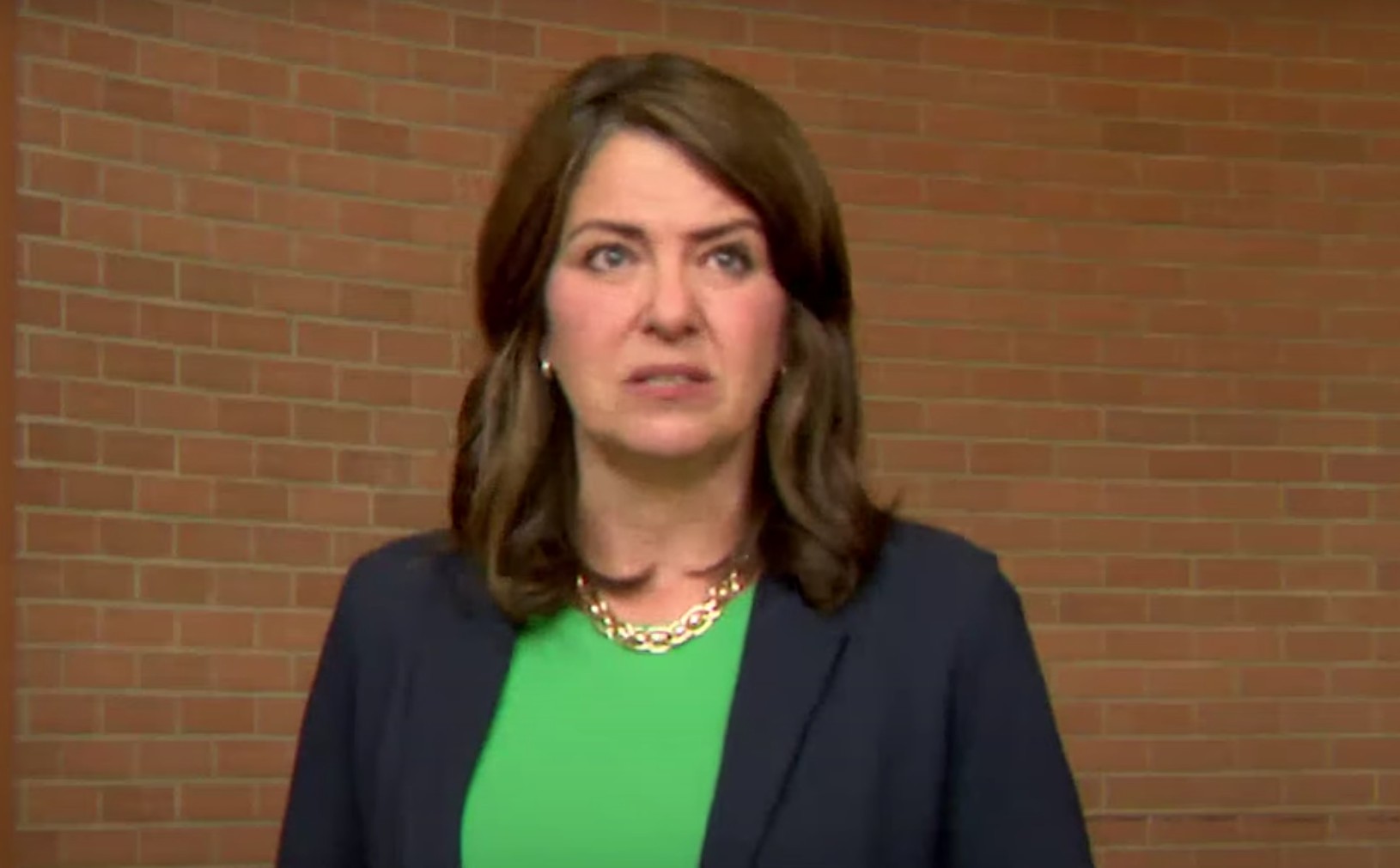Value Subtracted
Have you ever considered that the Prime Directive is not only not ethical, but also illogical, and perhaps morally indefensible?
- 248 Posts
- 252 Comments

 71·12 days ago
71·12 days agoThe boos came later when she asked if they were more comfortable in Canada than they were a few days ago.
And the pipeline deal is why she was asking, so what’s the difference, exactly?

 13·14 days ago
13·14 days agoWhat are the chances that Alberta just agreed to an increased industrial carbon tax in exchange for a pipeline that never gets built?

 0·23 days ago
0·23 days agoWell, euthanizing 1/3 of the population would certainly help alleviate the housing crisis…

 51·2 months ago
51·2 months agoI agree, but…legally speaking*, I think they have a decent case?
*I’m not a lawyer, just your standard online idiot

 13·3 months ago
13·3 months agowe don’t have the technology or the expertise to perform the procedure here
I would say this is the part that’s unreasonable. Being the only G7 country unable to perform proton beam treatments isn’t exactly a point of pride.

 2·3 months ago
2·3 months agoIt does beg the question of what about the project “requires further development” - it seemed like a pretty comprehensive plan when I looked at it.

 5·3 months ago
5·3 months agoThe Alto project is on the “secondary” list of projects that are likely next.

 7·3 months ago
7·3 months ago“It becomes a profoundly difficult thing to scale that infrastructure in a way that allows you to scale growth in the retail sector,” he says. “So can it work? I think it could, but it would be a very difficult and painful process to get established and to grow.”
One of the Federated Co-ops, Red River Co-op, ceased grocery operations in 1983 - it wasn’t until the Sobeys/Safeway merger in 2014 that they were able to pick up four of the Winnipeg locations that the new megacorp were forced to sell, and re-enter the market. They now have nine grocery locations in and around the city.
It’s hard to take a lesson from that, since you can’t count on those circumstances to repeat every often, but inheriting existing infrastructure certainly seems to help.

 1·3 months ago
1·3 months agoWell I’m happy for her - it sounds like it’s a good thing that she reconsidered her life goals, and found something more fulfilling.

 14·3 months ago
14·3 months agoI really think you’re putting words in her mouth.
“It felt impossible to go back to that kind of a life and I didn’t want to sacrifice my time with my family” has absolutely nothing to do with the process of transferring credentials to Canada, and everything to do with the job itself. “I feel that I can be a better nurse than a physician" speaks for itself.
There are plenty of stories about the challenges of transferring credentials. This, by her own account, as quoted in this article, is not one of them.

 13·3 months ago
13·3 months agoIf the process were easier she wouldn’t have been “led” to reassess those priorities.
How does an easier process change her conclusion of, “I would be happier as a nurse?”

 33·3 months ago
33·3 months agoNot exactly.
When Tretiak first arrived in Canada in December 2022, she looked into obtaining a license to practice medicine, but the complexity of the process and volume of paperwork led her to reassess her priorities.
That doesn’t say she thought it was “too much.” It says she decided it wasn’t what she wanted to do.
You can argue that the process is too much - and it probably is, at least in places - but she pretty directly states that it led to her deciding that she didn’t actually want to be a doctor, and would rather be a nurse.

 161·3 months ago
161·3 months agoShe says she sees nursing as an opportunity to engage more deeply with patients through communication and empathy. “I feel that I can be a better nurse than a physician,” says Tretiak, who currently works in a retirement home for Ukrainian-speaking older adults.
“I had lost a lot of people already – including many of my friends – and I no longer connected my happiness to my professional goals. It felt impossible to go back to that kind of a life and I didn’t want to sacrifice my time with my family.”
I’m going to suggest we shouldn’t force her to do something she doesn’t want to do.

 16·4 months ago
16·4 months agoYeah, I wish I could say I was confident that they will be dismissed…

 22·4 months ago
22·4 months agoIt sounds like the suspensions are for the duration of their investigation:
“Although I have been made aware that these events happened in 2023, these members remain subject to administrative and disciplinary action that may lead to their release.”

 23·4 months ago
23·4 months agoThis should be an absolute humiliation for Hajdu and Carney, and I hope (but don’t expect) their responses will reflect that.

 7·4 months ago
7·4 months agoA new Angus Reid Institute poll suggests a majority of Canadians believe First Nations should be meaningfully consulted on projects deemed in the national interest, but they’re split on who should hold the deciding power.
Forty per cent of Canadians say the government and companies should retain final say, while 25 per cent say First Nations should have a veto if projects infringe on their lands.
I feel like this is an indication that 40% of Canadians haven’t really thought this through.

 6·4 months ago
6·4 months agoI’m all for the Alto project being a runaway success and spurring nationwide high-speed rail development, make no mistake.

 8·4 months ago
8·4 months agoYeah, the article doesn’t make it sound like an appealing experience.
One of these latest routes is a trip between the Calgary International Airport and Banff. While Boysan said the company targets customers from all walks of life, most passengers on this trip were backpackers in their early twenties who’d chosen the bus for one reason only.
“We’re kind of like broke college students, so we just got the cheapest thing we could,” Leo Fritsch, 18, said, adding his tickets cost about $25.


I agree, but also this was a 2700 km trip, as the crow flies.